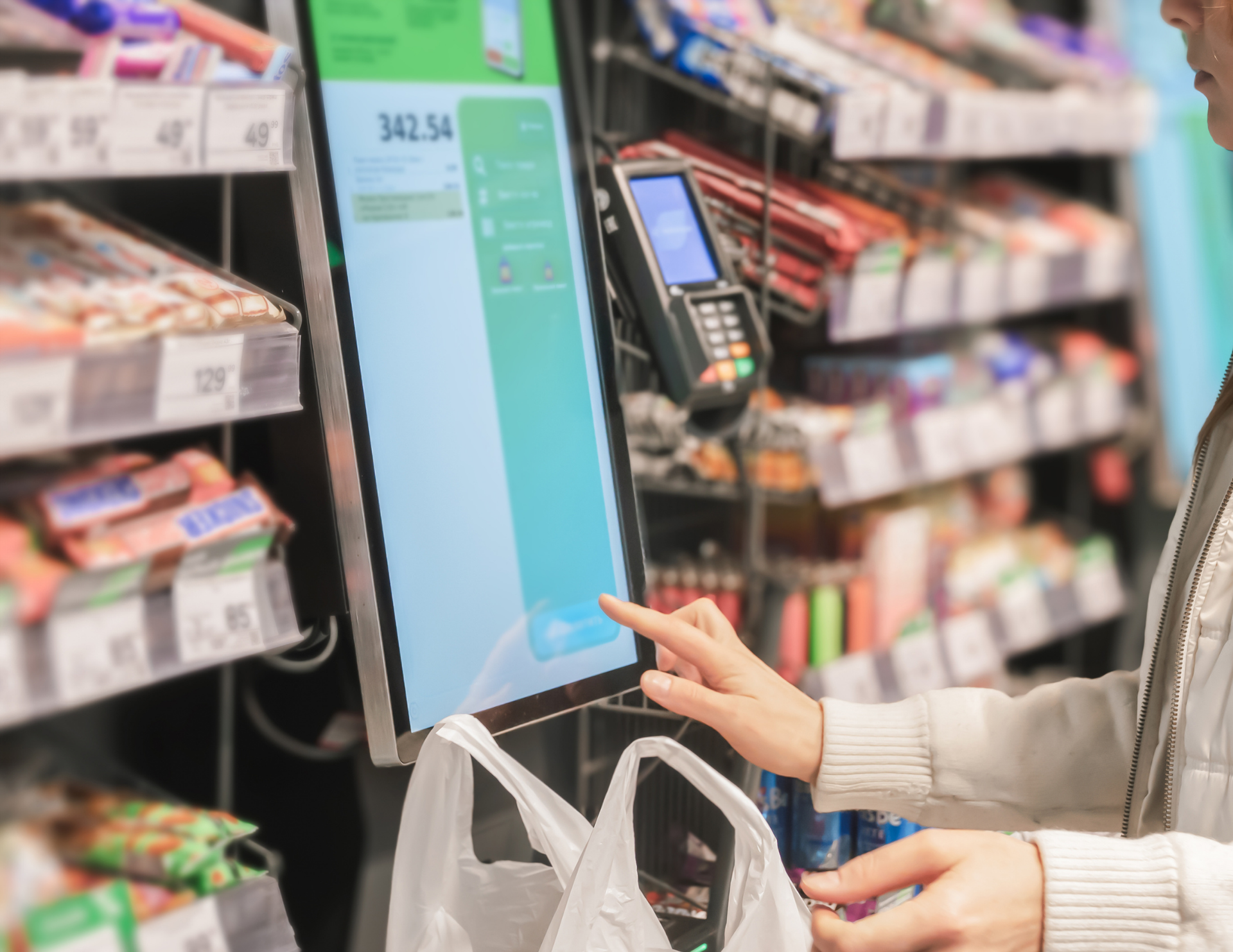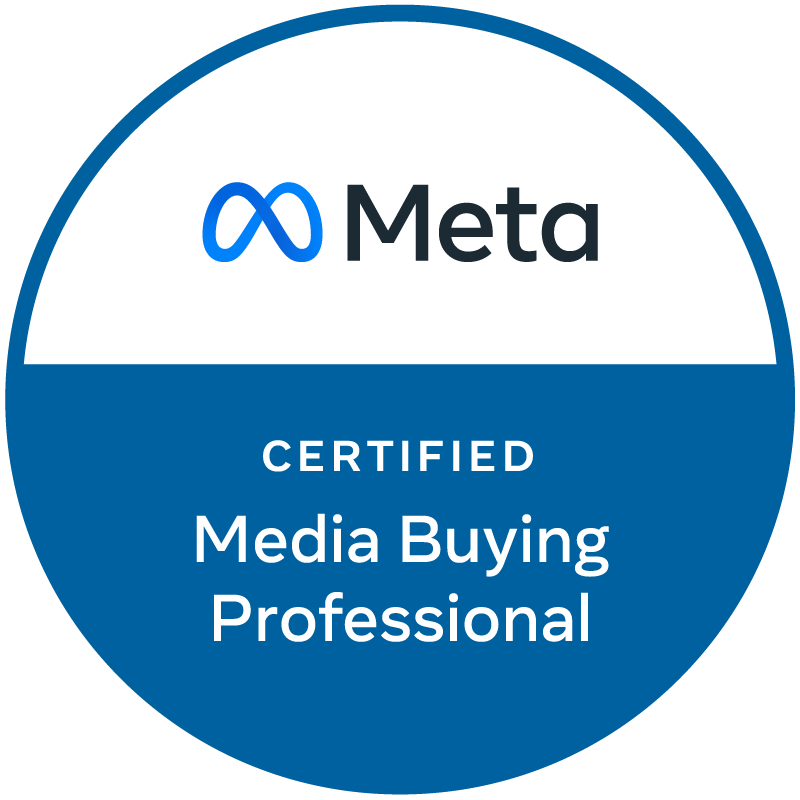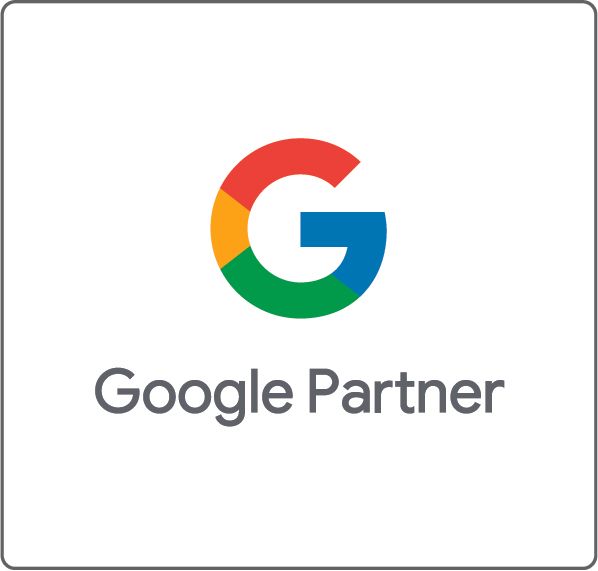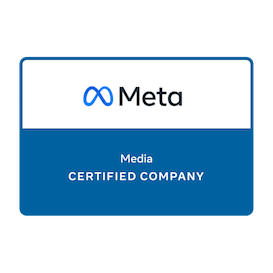The Shoppe - Apple's Email Privacy, Artificial Marketing, YouTube Shorts Creator Fund, & More!
Welcome back to The Shoppe! This week we’re talking about Apple’s New Email Privacy Update, Artificial Marketing, TikTok’s New Partnership, and the YouTube Shorts Creator Fund. Don’t forget to subscribe so you can be notified every time we post!
Apple is letting users
decide whether to opt into tracking pixels, which indicate if someone has opened an email. These changes are slated to take place this fall. This comes amid other user privacy measures taken by Apple, such as iOS 14’s App Tracking Transparency
feature. On the iPhone, Apple Mail accounted for nearly 40 percent of email opens, according to an
analysis of 3 billion emails from earlier this year. This may pose a threat for businesses that heavily rely on email to communicate with their customers, such as newsletters. The open rate is an important measure of engagement, and without knowing which people are opening each email, businesses will have a more difficult time targeting customers. Other features in the software update will also be geared toward user privacy. For example, the App Privacy Report
shows the permissions each iPhone app has and how much they’re being used. iCloud+ offers Private Relay, which encrypts traffic leaving a user’s device. Finally, Hide My Email gives users the ability to create and delete multiple addresses at a time to control who is able to contact them.
The tool Copy.ai allows users to
produce content in seconds. The AI uses OpenAI’s GPT-3, a
platform that generates text based on a phrase or a sentence. With over a trillion words to choose from and an ability to recognize large-scale patterns in text, Copy.ai predicts what you want to write. While it may seem to be a tool to replace copywriters, the creators intend on the AI being used to support the copywriting process. “We try to give you the first draft,” said Chris Lu, cofounder and chief technology officer of Copy.ai. Especially when copy is being uploaded to multiple social media platforms, Copy.ai can offer different versions of the same post with ease. The GPT-3 platform is growing quickly. It is already being used by over 300 applications with an average of 4.5 billion words being generated per day. This comes only nine months after the OpenAI launch.
TikTok recently announced that it would be
partnering with Vimeo and Canva to streamline the design of campaign creative. Vimeo users will be able to use Vimeo Create, which was launched in February 2020, to make TikTok ads. The platform has different templates to choose from, with royalty-free music and graphics. For small and medium-sized businesses who may not have the resources to create professional ads, this Vimeo and TikTok partnership will be beneficial. Within Canva, more than 50 TikTok ad templates will be available. Canva and Vimeo have also become one of TikTok’s Creative
Marketing Partners. Creative Partners “leverage a technical integration with the TikTok marketing API,” which means that they can be directly involved with TikTok’s ad platform. Canva users can
publish to TikTok using the Publish End Points tool directly from the website.
YouTube Shorts creators could earn up to $10,000 per month for viral videos. Each month, creators who garner enough views and engagement on their videos will be selected to earn between $100 and $10,000 per month from the $100 million YouTube Shorts Fund. Only 10 countries, including the United States, are currently eligible to receive it. YouTube Shorts is rapidly growing, with 15 billion global daily views
according to Google. To become eligible, creators must be 13 years or older and have uploaded one eligible Short in the last 180 days that is compliant with YouTube Community Guidelines. YouTube will reach out to eligible creators during the second week of each month and they will have until the 25th to claim their earnings. This will rival TikTok’s $200 million
creator fund in the United States, which is only for creators who are 18 or older.
Never miss an update from “The Shoppe,” sign up for our email list today!
Subscribe
Sign up with your email address to receive news and updates.
Subscribe
We respect your privacy.
















